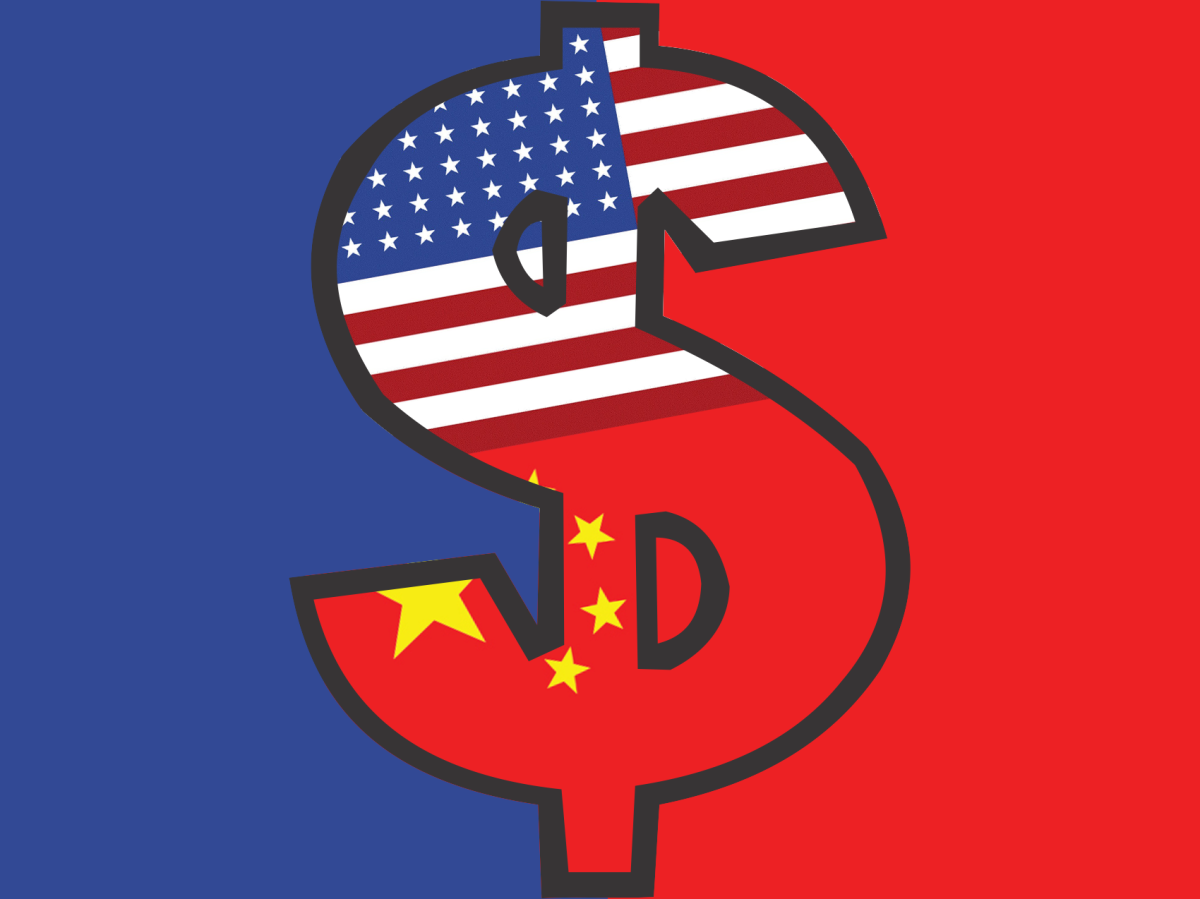Economist urges more free trade, fewer tariffs
David Dollar, economist, expert on China and senior fellow at the China Center at the Brookings Institute, told students and faculty the world is nervous about rising protectionism in the U.S. and America’s imposition of trade tariffs on China during a lecture Feb. 26 in Mandeville Hall.
Dollar said free trade is foundational to the global economy and free trade with China is a foundation for America’s economic prosperity.
“I think the most important issue is to press China to open up more markets,” Dollar said. “That would create new opportunities for American firms and American workers.”
During the lecture, which focused on the history of U.S.-China economic relations and China’s rise to global economic prominence, Dollar said that when China joined the World Trade Organization (WTO) in 2001 the U.S. negotiated to get access to markets in China.
“I’ve supported the view that we should try to focus the [current] negotiations on opening up more Chinese markets,” Dollar said. “And there’s some hope there because China has been making some moves in the last couple years. It has reduced its tariff on imported automobiles, for exam- ple, and it has put in place a time table for phasing out investment restrictions.”
President Donald Trump first imposed tariffs on China in January 2018, and the Chinese government retaliated two and a half months later with tariffs on about $3 billion worth of U.S. goods, including a tariff on soybeans that disproportionately affected farmers.
Nancy Fox, Ph.D., an economics professor, said Chinese and American officials have since then continued to negotiate for a new trade deal, but that when the U.S. imposed tariffs on China, the Chinese imposed tariffs on the U.S.
“I think that people don’t understand why tariffs are not good economic policy,” Fox said. “Tariffs are bad economic policy.” In a tweet on March 1, Trump wrote: “I have asked China to immediately remove all Tariffs on our agricultural products (including beef, port, etc.) based on the fact we are moving nicely along with Trade [sic] discussions.”
Trump’s delay of the March 1 deadline now allows more time for negotiations, but also causes American companies and workers to suffer from the implemented tariffs, according to Benjamin Liebman, Ph.D., an economics professor who specializations in international trade and the steel industry.
“American farmers have depended upon the Chinese market, this massive market, to buy a lot of agricultural products,” Liebman said. “And now that market has been taken away.”
According to Liebman, former president Barack Obama implemented tariffs against China, however his tariff policy was not as aggressive as Trump’s.
“There has been a much more aggressive pursuit of trying to make China change its policies with regard to intellectual property and joint ventures,” Liebman said. “I think that they are more dependent on us than we are on them, and if you look, their stock market has been more damaged by American tariffs than ours has been by Chinese tariffs.”
Dollar said the idea that tariffs on China will bring manufacturing jobs back to the U.S. is naïve. Instead, the U.S. should focus on intellectual property rights issues and recognize that China is gradually improving intellectual property rights protections.
“Those structural issues would actually improve our economic relationship,” Dollar said. “Whereas this focus on trade balances doesn’t really make sense.”














































